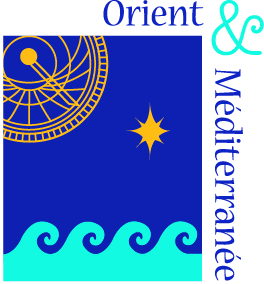Unraveling the impact of genome assembly on bacterial typing: a one health perspective
Résumé
Methods Simulations of short-read sequencing were conducted for 5 genomes of 27 pathogens of interest in animal, plant, and human health to evaluate the repeatability and reproducibility of cgMLST. Various quality parameters, such as read quality and depth of sequencing were applied, and several read simulations and genome assemblies were repeated using three tools: SPAdes, Unicycler and Shovill. In vitro sequencing were also used to evaluate assembly impact on cgMLST results, for six bacterial species: Bacillus thuringiensis, Listeria monocytogenes, Salmonella enterica, Staphylococcus aureus, Vibrio parahaemolyticus and Xylella fastidiosa.
The results highlighted variability in cgMLST, which not only related to the assembly tools, but also induced by the intrinsic composition of the genomes themselves. This variability observed in simulated sequencing was further validated with real data for six of the bacterial pathogens studied.
This highlights that the intrinsic genome composition affects assembly and resulting cgMLST profiles, and that variability in bioinformatics tools can induce a bias in cgMLST profiles. In conclusion, we propose that the completeness of cgMLST schemes should be considered when clustering strains.
| Origine | Publication financée par une institution |
|---|---|
| licence |




